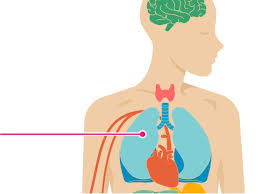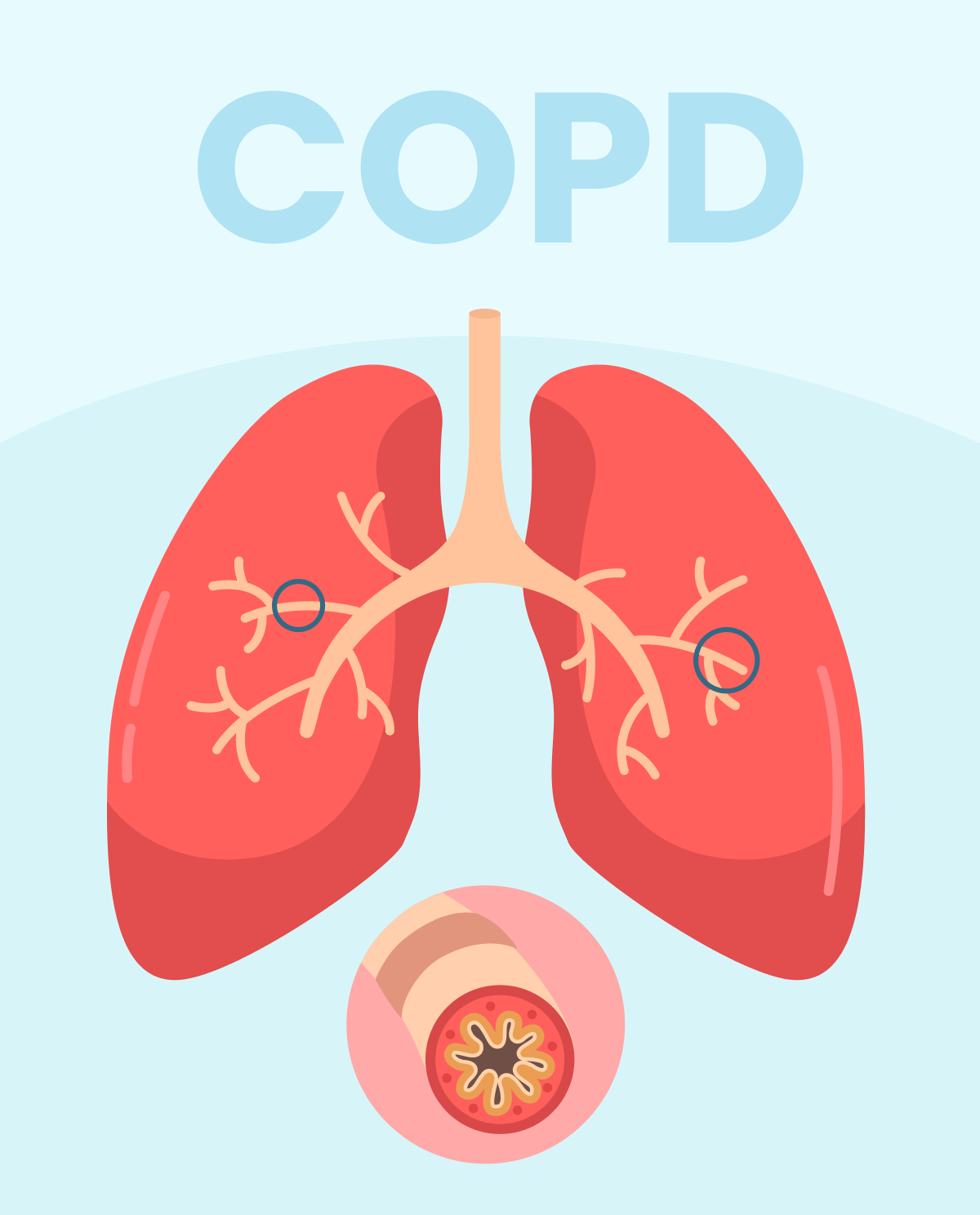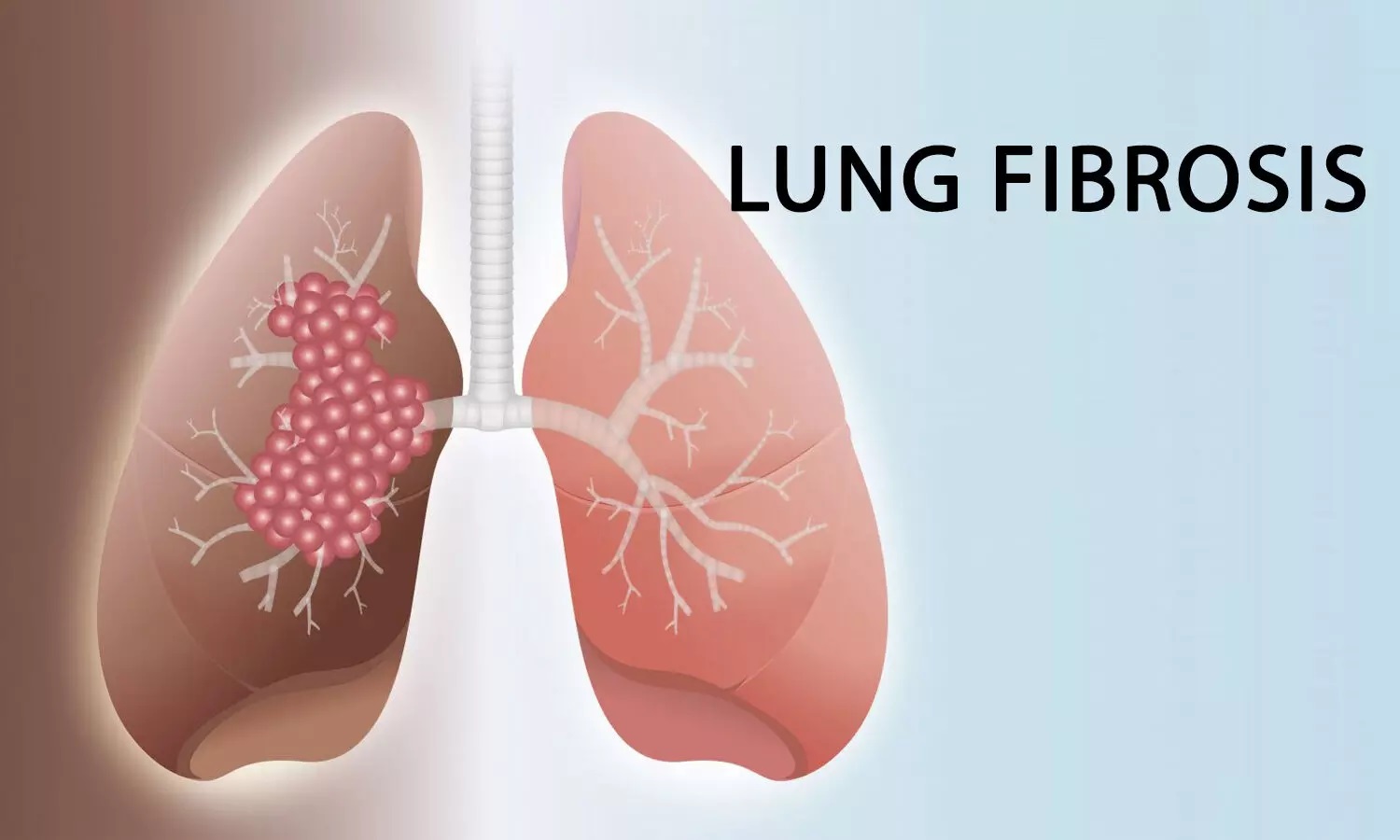Obstructive Sleep Apnea (OSA) is primarily caused by the relaxation of muscles in the throat during sleep, leading to the partial or complete obstruction of the upper airway. Several factors contribute to the development of OSA, and it often involves a combination of these factors. Here are some common causes:
- Muscle Relaxation: During sleep, the muscles in the throat and tongue naturally relax. For individuals with OSA, this relaxation can become excessive, causing the soft tissues in the throat to collapse and block the airway.
- Excess Weight: Obesity is a significant risk factor for OSA. The accumulation of fat deposits around the neck and throat can lead to increased pressure on the airway, making it more prone to collapse.
- Anatomical Factors: Certain physical characteristics can contribute to airway obstruction. These include a naturally narrow airway, enlarged tonsils or adenoids (especially in children), a large tongue, or a small jaw.
- Age: OSA is more common in older adults. As individuals age, muscle tone naturally decreases, making the airway more susceptible to collapse during sleep.
- Gender: Men are more likely to develop OSA than premenopausal women. However, the risk for women increases after menopause, and the condition becomes more prevalent, suggesting a hormonal influence.
- Family History: There is evidence of a genetic predisposition to OSA. If close family members have OSA, it may increase an individual’s risk.
- Neck Circumference: Individuals with a thicker neck circumference may have a narrower airway, increasing the likelihood of obstruction.
- Alcohol, Sedatives, and Muscle Relaxants: The use of substances that relax the muscles, such as alcohol, sedatives, and certain medications, can contribute to the relaxation of throat muscles and worsen airway obstruction.
- Smoking: Smoking can cause inflammation and fluid retention in the airway, making it more prone to collapse. Smoking is also associated with an increased risk of developing OSA.
- Nasal Congestion: Conditions that cause nasal congestion, such as allergies or a deviated septum, can make it difficult to breathe through the nose. This can lead to increased reliance on breathing through the mouth, contributing to airway obstruction.
- Medical Conditions: Certain medical conditions, such as hypothyroidism, acromegaly (excess growth hormone), and neurological disorders, can increase the risk of OSA.
Identifying and addressing these risk factors is crucial in managing and treating OSA. Individuals experiencing symptoms such as loud snoring, choking or gasping during sleep, and excessive daytime sleepiness should seek evaluation by a healthcare professional for an accurate diagnosis and appropriate treatment options.
Elevate your respiratory health with Dr. Parthiv Shah, acknowledged as the Best Pulmonologist in Mumbai. Experience specialized care, advanced treatments, and a commitment to your well-being. Book your consultation now for comprehensive respiratory solutions.




